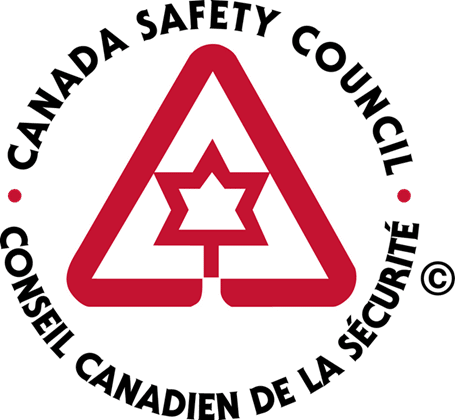Substance abuse: major public health concern
Substance abuse is a major public health concern at the best of times. In the context of a global pandemic, it’s more important than ever to shine a light on the issue.
November is National Community Safety and Crime Prevention Month, and this year the Canada Safety Council wants you to be aware of your alcohol and drug consumption habits, as well as the negative effects they can bring.
“These are issues of real importance to Canadians,” said Gareth Jones, President and CEO of the Canada Safety Council. “Everyone has found their own ways to cope throughout this pandemic, but it serves us all well to remember that substance abuse is not an effective solution, and in fact can bring about additional long-term health issues.”
The impact of the opioid crisis across Canada was well-documented even prior to the pandemic. The Public Health Agency of Canada estimated 12,800 deaths due to opioid-related overdose between January 2016 and March 2019. As government agencies address the issues of over-prescription and illegal street drugs, there’s still a need to let those affected by this crisis know there is help available.
Additionally, according to an April 2020 poll for the Canadian Centre for Substance Abuse, 18 per cent of Canadians reported an increase in their alcohol consumption while an additional 70 per cent reported their consumption stayed the same. Primary reasons for increased consumption were reported as lack of regular schedule, boredom, stress and loneliness.
It’s important to note that addiction is a disease. Studies show that individuals with severe substance use disorder have changes in their brain chemistry relative to those who do not have this disorder, with specific changes in the areas that impact judgment, impulse control, decision-making and learning. While it may seem obvious on the surface that substance abuse can be harmful, people suffering from addiction are often aware of this but keep using their substance of choice — whether that’s alcohol or drugs.
According to the Canadian Association for Mental Health, describing addiction can be done through the presence of four ‘C’s:
- Craving;
- Loss of Control of amount or frequency;
- Compulsion to use; and
- Use of substance despite Consequences.
– 30 –
For more information, please contact:
Lewis Smith
Manager, National Projects, Canada Safety Council
lewis.smith@safety-council.org
Where can I get help?
If you notice symptoms of addiction in yourself, it’s not too late to get help. Resources exist around Canada to offer you alternate coping methods, support and treatment. Visit the link below for a list of crisis services, help lines, provincial services and assorted resources from across the country.
How can I help?
Watching a loved one fighting through addiction can be extremely painful and can lead to a feeling of helplessness. It’s not possible to help someone who won’t help themselves, but here are some things you can do to help:
- Express love and concern. Don’t preach, lecture or guilt-trip — but let them know you’re offering help and support. Addiction is often met with denial or anger, so be ready to provide specific examples of the behaviour that’s concerning you.
- Teach yourself about addiction and drug abuse. Reading this article is a great start! Other resources to consider can include the Government of Canada, the Canadian Mental Health Association and the Canadian Centre of Substance Use and Addiction.
- Be supportive but firm. Justifying their behaviour or turning a blind eye to it enables them to continue along the path they’re on. Likewise, assuming their responsibilities means they won’t face the consequences of their actions.
- Offer to get them help. Many have tried to quit or reduce their use on their own, and many have failed. Addiction is a disease that is exceptionally difficult to kick without professional assistance. It can be helpful for them to know someone cares enough to actively seek out help for them.
